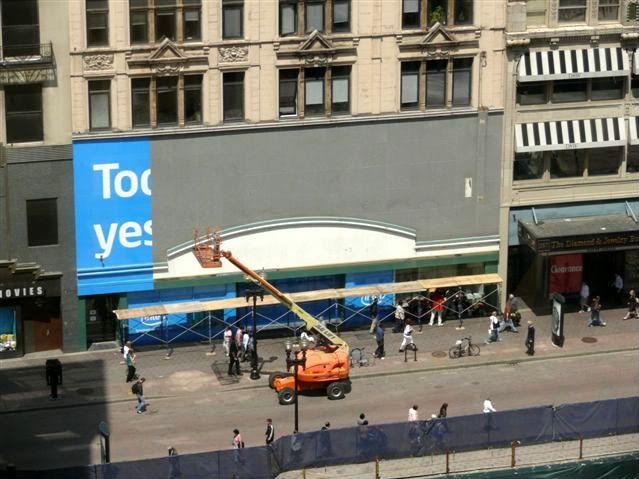Lurker
Senior Member
- Joined
- Jun 13, 2006
- Messages
- 2,362
- Reaction score
- 0
Rent stabilization = eventually a building is so neglected from unprofitable it has 'an unexplainable fire' at 3am with the sprinkler pump broken and all the stand pipes drilled full of holes.
Enacting that would make all the slumlord speculators in vein on the Levin family incapable of selling their derelict messes to anyone. No legitimate landlord looking to make a profit renting space nor is a developer going to want to spend millions on new construction for something that will ultimately wind up being less profitable than space elsewhere.
Opening the streets to traffic, fixing the damn sidewalks which are half asphalt, and getting rid of the filthy brick would be a start.
Enacting that would make all the slumlord speculators in vein on the Levin family incapable of selling their derelict messes to anyone. No legitimate landlord looking to make a profit renting space nor is a developer going to want to spend millions on new construction for something that will ultimately wind up being less profitable than space elsewhere.
Opening the streets to traffic, fixing the damn sidewalks which are half asphalt, and getting rid of the filthy brick would be a start.

